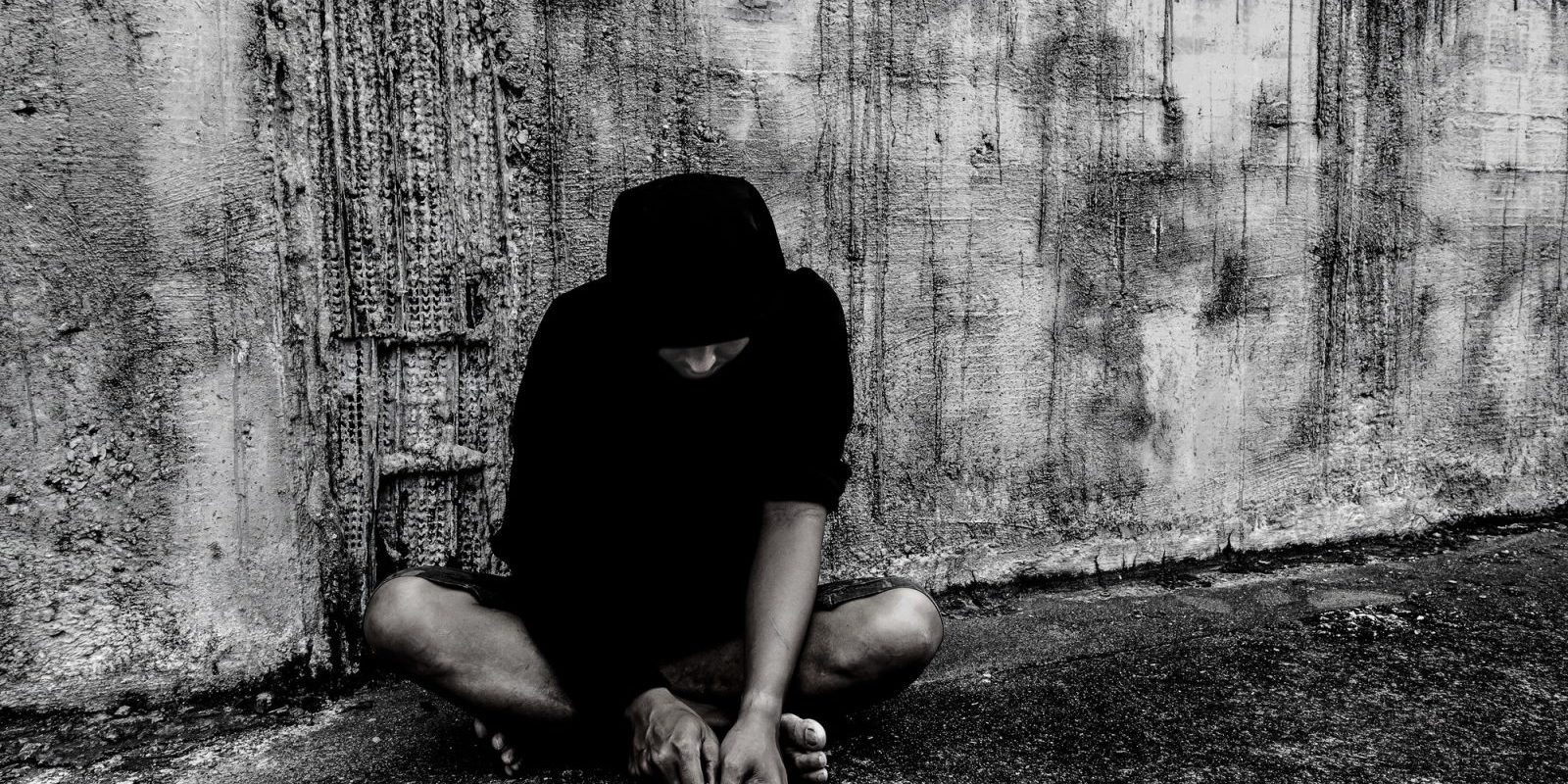There are almost 5,000 drug overdoses of young people between the ages of 15-24 per year. Teen addiction is a serious problem with grave consequences.
The teenaged years are a tough and transformative period in life. It can be hard to tell if your teen’s angst and withdrawal are just a phase or are brought about by deeper issues.
These 3 tell-tale signs will help you determine if your teen’s recent change in behavior are symptoms of addiction rather than associated with the normal processes of growing up.
1. You Find Physical Clues
Physical clues are the most concrete evidence to support any claim that a teen has an addiction problem. Dead give-aways include empty alcohol bottles in their room or automobile or the ends of marijuana cigarettes stuffed into the pockets of dirty laundry.
Physical clues need not be so obvious. Your teen may have a “stash spot” that they hide their illegal paraphernalia. Keep your eyes peeled for any out of the way area in their room or your residence that your teen often frequents.
Look for items in their room that seem out of place or are strewn about without cause on a regular basis. Inside that old monopoly box on their shelf could be a stash of drugs.
Most importantly, if you find physical clues or drug paraphernalia that can be linked to your teen, talk to them about it. Don’t blindside your teen with an intervention or accusatory implications.
Depending on the extent of your teen’s addiction it may be appropriate to enroll them in one of several sober living programs. Speak from the heart to your teen and be stern but fair when discussing these options.
2. Emotional Cues That Are More Than Just a Phase
The teenaged years can be a roller-coaster of emotion. This makes it hard to differentiate between what is normal teen angst and what are signs of addiction. If you notice an abrupt and pronounced change in your teen’s mentality, it could be an addiction problem.
This would be more than a little bit of withdrawal or hostility. The kind of emotional changes that merit suspicion is if your child has always been an honors student, but now is close to failing out of school due to behavioral changes.
Once again clear communication is important here. Your teen may just be going through a rough patch, but if it seems more serious talk to them about it.
3. Drastic Changes in Social Circle
Everybody has had that one “bad friend” whom their parents didn’t approve of. If you notice your teen falling in with a crowd of multiple of these types of individuals it may be time for a chat.
A rough crowd can lead to drug use and drug use can lead to poor human relationships. Even if your teen isn’t already using drugs, if they hang out with people who are, they are more likely to start.
Keep Your Teen Healthy and Addiction Free
There is a fine line between being an over-controlling parent and being aware of what is going on in your teen’s life. Being a successful parent of a teen is all about communication and mutual respect. Drug addiction is never just a phase.
If you think that your teen may have addiction problems, start an open dialogue with them and help them through it. If they are honest with you, have them take our drug abuse screening test. For all of your other drug addiction info, check out our blog!



